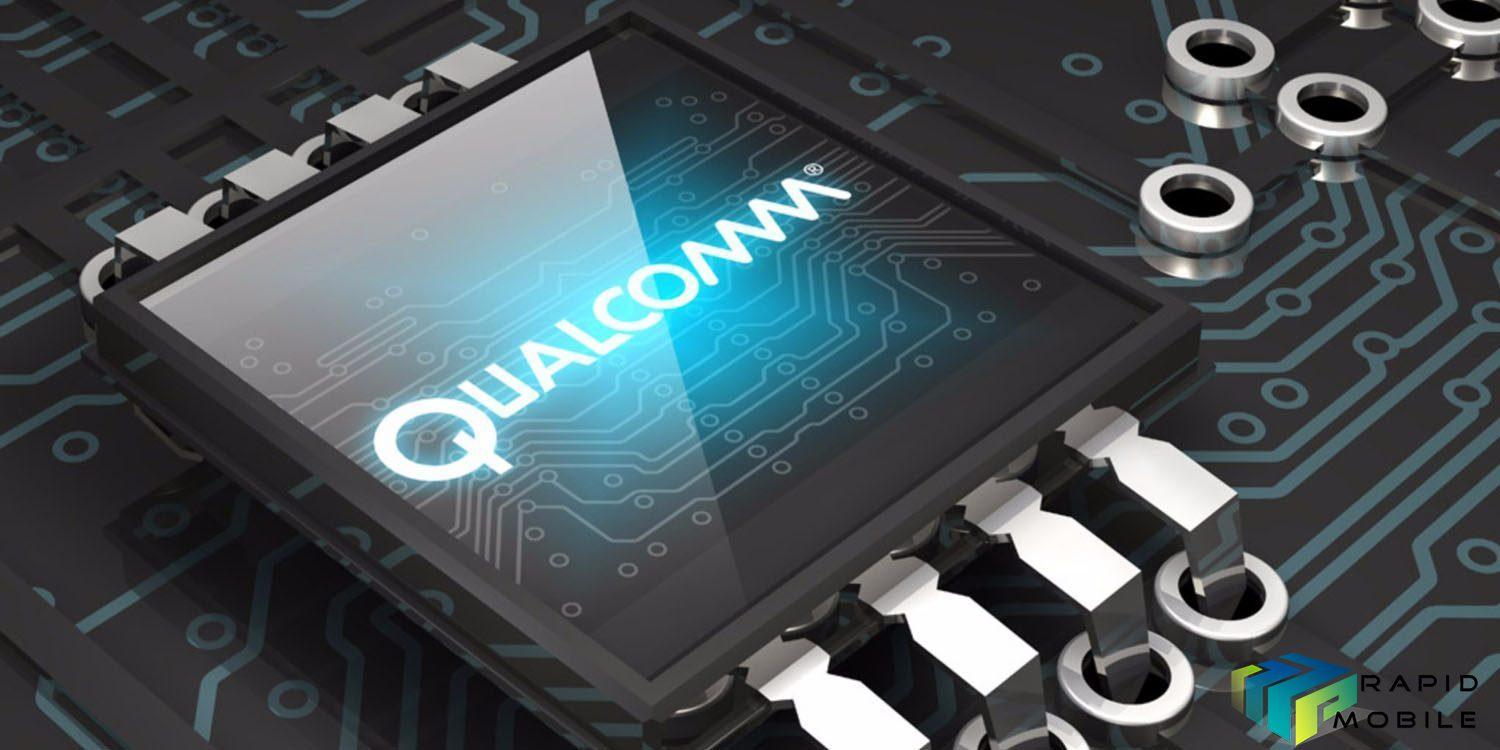Qualcomm and Apple’s massive legal battle began in a San Diego Court Monday, but both companies today announced they were settling their numerous multibillion-dollar legal fights and paving the way to bring Qualcomm chips back into the iPhone.
In a joint statement on Tuesday, the pair said “all litigation between the two companies worldwide” had been dropped.
These include a $30bn licensing case that began on Monday, in which Apple and four of its contract manufacturers were suing the chipmaker. News of the settlement came while Qualcomm’s attorney, Evan Chesler, was still standing up in court delivering his opening argument.
Shares in Qualcomm climbed as much as 24 per cent trading on the news, the biggest single-day gain since December 1999. It said the deal was expected to increase its earnings per share by around $2 per year — a total of $2.4bn.
The companies said they had reached a six-year global patent license agreement and a multiyear chip set supply agreement. It also includes a one-time payment from Apple to Qualcomm of an undisclosed amount.
Apple and Qualcomm have been embroiled in a range of high-profile intellectual property and contract disputes around the world. The fight began when Apple said the prices Qualcomm was charging for the use of its technology were so high as to be anti-competitive, and the chipmaker accused Apple of stealing its intellectual property and giving it to rival chipmaker Intel.
Outside the US, Qualcomm has won patent infringement cases against Apple in Germany and China, although import bans have not taken effect.
In the licensing fees case in San Diego this week, Apple and its suppliers argued that Qualcomm had overcharged for royalties since 2013. They ceased paying the royalty fees in 2017, and Qualcomm had sought back payments as well as damages.
As part of today’s agreement, Apple would once again pay royalties to Qualcomm, the companies said in their joint statement.
The ongoing litigation had potentially severe implications for both companies: the feud had made Apple reliant on Intel, which has yet to release a 5G chip and is rumoured to be behind schedule.
Meanwhile, Qualcomm relies on its licensing division for around two-thirds of its annual earnings before tax, and a ruling that the prices it was charging were monopolistic could have had lasting implications for its business model.
In a case related to the San Diego trial, which is awaiting a judge’s ruling, the US Federal Trade Commission has alleged that Qualcomm unfairly forced Apple to buy its wireless chips between 2011 and 2016 in return for charging lower royalty payments.
Since that case was an antitrust case brought by the government and is not a direct dispute between Apple and Qualcomm, Tuesday’s settlement does not bind the judge.



